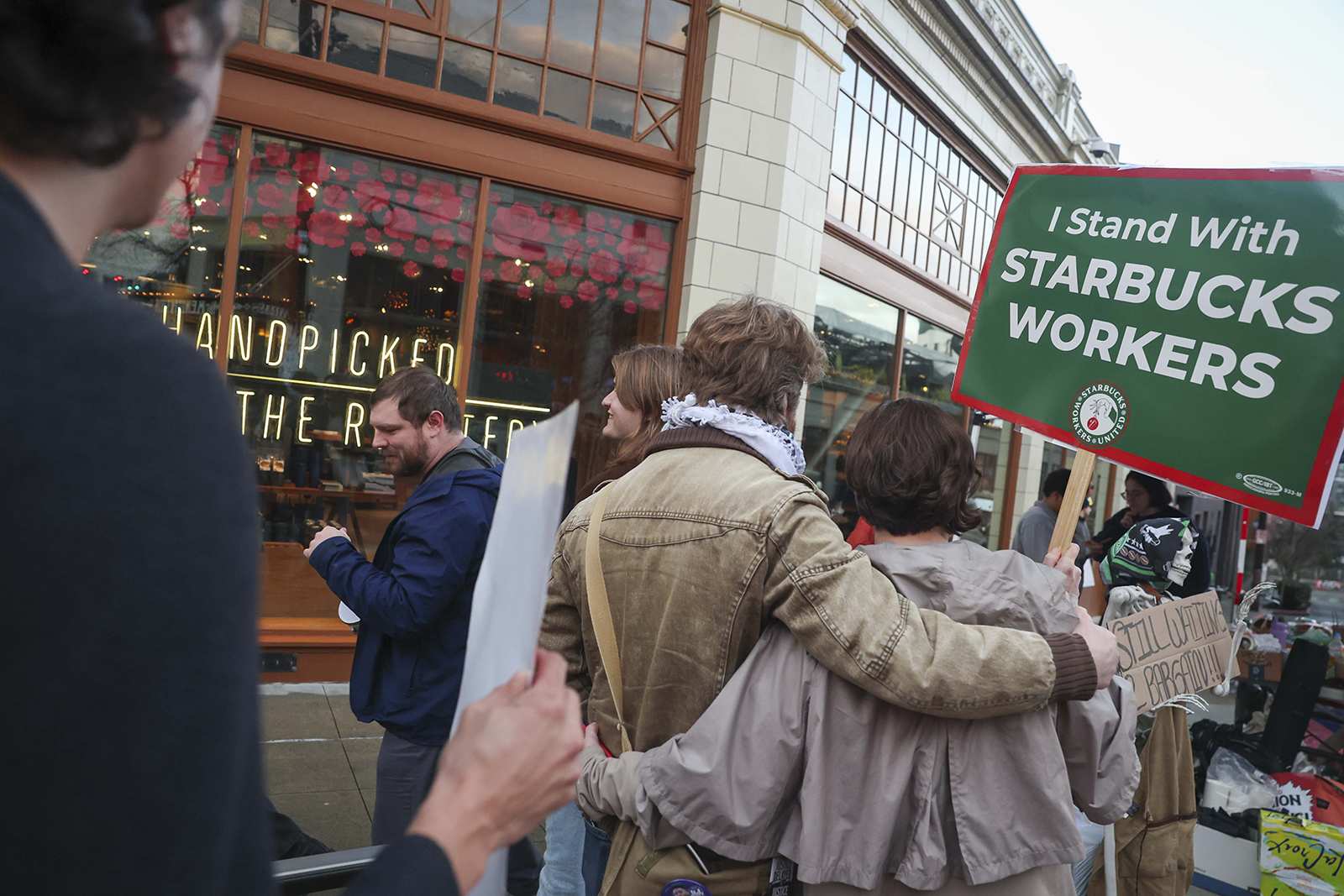Unprecedented Conflict in Gaza: Global Repercussions
The ongoing conflict in Gaza has revealed deep international divides, unprecedented levels of violence, and sparked a global conversation about accountability and humanitarian crises.
Published December 06, 2024 - 00:12am

Image recovered from birgun.net
The ongoing conflict in Gaza is marked by unprecedented violence and a humanitarian crisis that has captured global attention. The conflict, which escalated dramatically in October 2023, has resulted in significant casualties and destruction, leading to mounting international pressure for accountability.
A key facet of this situation is the portrayal of the conflict by various media and political entities. Israel's longstanding use of hasbara, or propaganda, to influence the narrative surrounding its actions, is being contested more fiercely than ever before. Critics argue that Israel's efforts to justify its operations in Gaza as self-defense are increasingly falling flat, as the international community, including bodies like the International Criminal Court, are investigating alleged war crimes.
As of late 2023, the number of Palestinian casualties has soared to alarming figures. Reports indicate over 44,000 Palestinian deaths, with an overwhelming majority of the victims being civilians, including women and children. This extensive loss of life is compounded by the severe destruction of infrastructure in Gaza, displacing a vast portion of its population.
The political landscape surrounding the conflict is complex. Efforts by Israel to pressure allied countries into enacting laws to curb discussions on the conflict are seen as attempts to control the narrative and suppress opposition. Such tactics are facing resistance from within those countries, highlighting the growing friction between governmental policies and public sentiment globally.
On the ground, the humanitarian situation is dire. Gaza faces an extended blockade, with shortages of essential supplies such as food, water, and medical aid. The Palestinian Health Ministry reports numerous challenges in reaching affected areas due to ongoing military activities and restrictions imposed by Israeli forces, exacerbating the plight of those trapped under debris.
Meanwhile, the international discourse is further complicated by the role of militant groups like Hamas. Their actions, including taking hostages and launching attacks, contribute to the cycle of violence and present formidable challenges to peace efforts. Recent negotiations for hostages' release have encountered halts, with occasional ceasefires providing only temporary relief in the broader context of ongoing conflict.
Diplomatic efforts to resolve the crisis face significant hurdles. Recent ceasefire arrangements between Israel and Hezbollah, an ally of Hamas, have shown fragility, although they indicate potential diplomatic openings. However, these efforts are frequently undermined by renewed hostilities and mutual accusations of ceasefire violations.
The impact of the conflict extends beyond immediate geopolitical concerns, affecting global public opinion and influencing international relations. In several regions, especially Africa, the conflict has reignified discussions on colonialism and the right to self-determination, evoking strong reactions and calls for solidarity with the Palestinian cause.
This landscape presents a complex challenge for policymakers and international organizations striving to mediate peace while addressing the multifaceted humanitarian crisis. The demand for comprehensive international intervention and sustainable conflict resolution strategies remains high amid an atmosphere of deep mistrust and ongoing violence.







